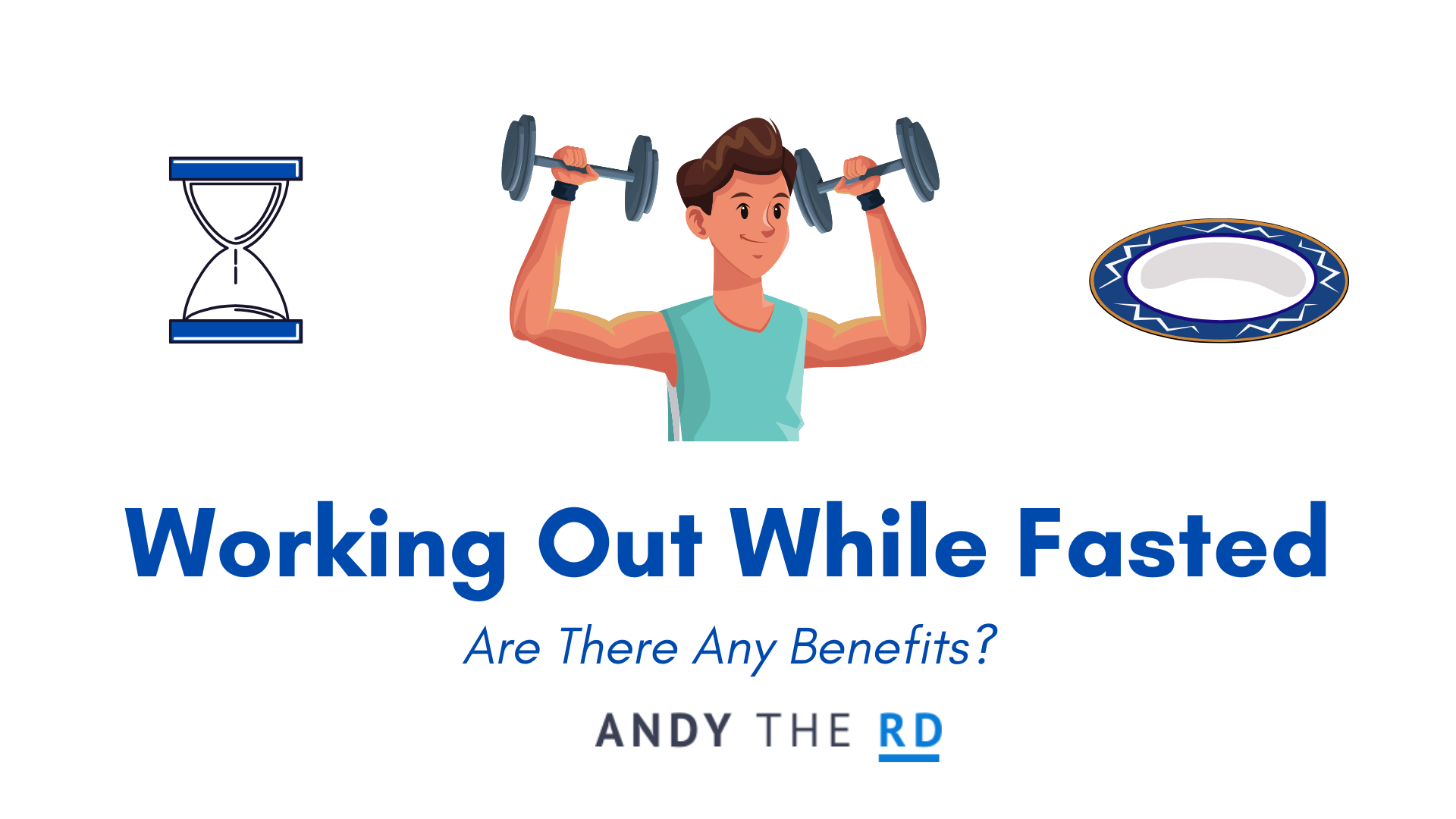The health and fitness industries is perpetually characterized by the ebb and flows of trends, many of which I touch on in my brand new book.
Anyone with their finger on the pulse of these fluctuations will know that intermittent fasting happens to be one of them.
My regular readers will know that I’ve openly shared my thoughts on intermittent fasting from both a personal and scientific perspective, but what has attracted my interest today, however, is the act of training in a fasted state.
Does it make sense?
Specifically, I was curious to look into whether or not there was some sort of measurable or quantifiable advantage for someone to engage in physical activity with no food in their system.
It may seem counter intuitive on the surface, but you will find no shortage of use of terms such as “fasted cardio” in the online fitness space.
If nothing else, it is a topic worthy of further exploration.
Why Train Fasted?
Training fasted is certainly a fascinating concept.
If I had to make a hasty assessment as to why it is so popular, I’d probably suggest that the average person may believe that it “accelerates fat loss”.
In fact, I’m quite certain there are plenty of psuedo-science resources out there which claim it to be the best thing since sliced bread for that very reason.
But are you being sold false promise?
The concept of training with less than ideal amounts of fuel has been one of interest in the athletic space for sometime ( often referred to as “training low”) but does anything special happen when you train completely fasted?
Let’s find out.
A Closer Look At The Evidence
In what can best described as a “mini-review”, I located three controlled studies which compared outcomes in fasted vs fed training states and one more robust meta-analysis of such studies.
1. A 2008 paper out of the Journal Of Applied Physiology
Found that training when fasted, as compared to fed, led to less glycogen breakdown after training but no measurable increase in fat oxidation.
2. A 2013 paper out of Obesity Research Journal
Found that training in the fed vs fasted state did not affect changes in body composition.
3. A paper out of the 2014 Journal Of The International Society Of Sports Nutrition
Also found that training fasted did not offer any unique advantages to body composition.
4. A paper out of the 2018 Scandinavian Journal Of Medicine And Science In Sports
So unlike the previous three, this particular study was a robust meta-analysis as opposed to a one-off controlled trial.
It found the following:
1. Eating before exercise ( rather than fasting) makes for better performance in longer duration aerobic exercise (>60 minutes).
2. Some evidence worthy of further exploration as it relates to metabolic changes ( in the mitochondria and in terms of fat oxidation) in those who train fasted.
My Thoughts
As far as today’s post goes, a level of exploration of the data beyond what I have time for is probably required.
It does appear from what I’ve seen that fasting in the hopes of miraculous advantages in terms of body composition ( ie; fat loss) may not so miraculous after all.
That should not surprise anyone.
It also means little to those who happen to have tried and enjoyed training fasted, there is no explicit reason for you to stop.
In fact, like fasting in general, there is certainly some evidence to suggest it may have subtle metabolic advantages.
Certainly more studies will be required to understand the practical implications of such advantages.
And while I don’t think it makes sense for people who don’t otherwise enjoy it to go out of their way to train fasted, those who may be inclined to partake in fasted training may receive some nominal metabolic benefits.
As always, and with pretty much everything, you should probably just stick with what works for you.
Until next time,
Andy De Santis RD MPH




